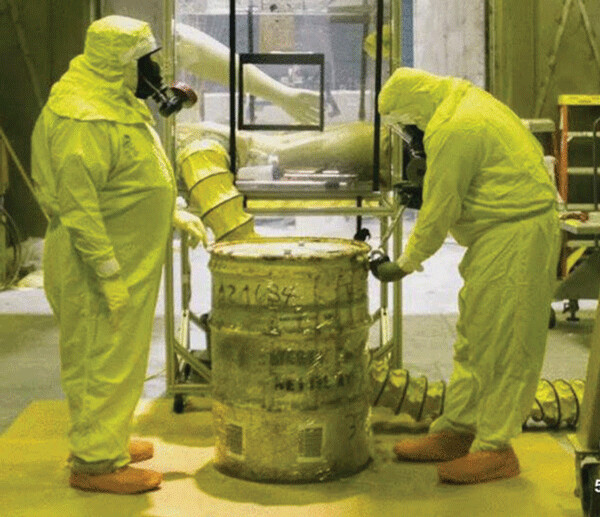THIS YEAR, the U.S. Nuclear Waste Technical Review Board hosted its public workshop and board meeting in Idaho Falls. I was thankful to have the opportunity to attend and comment, and thrilled to see our former Nuclear Program Director Beatrice Brailsford there. We heard from the Department of Energy (DOE) about their priority to find temporary storage facilities for the nation’s radioactive waste as well as their efforts to “learn more” about “consent-based siting.” We’ve been here before.

Part of the effort to obtain “consent-based siting” for Consolidated Interim Storage facilities for radioactive waste involves paying $28 Million to several consortia to learn more. Boise State University leads one consortium and will receive $2 million to “learn more.”
It was fascinating hearing from representatives from Sweden and Switzerland about how their countries successfully secured siting for their radioactive waste without coercion and with full informed consent. Although we can learn much from European successes, the situation in the U.S. is different; we are on colonized or otherwise unceded land, our geographical area is much larger, which poses transportation risks, and we have more spent nuclear waste than Sweden and Switzerland combined.
The entire two days was a painful reminder of how complicated our nuclear waste problem is. Siting radioactive waste, even if “temporary,” will be a long, fraught process, and in my view, DOE draws a thin line between consent and bribery.
Our position on Consolidated “Interim” Storage and “Consent” based siting of nuclear waste is straightforward:
Spent nuclear fuel should not be consolidated at an “interim” storage site.
- To minimize risk and cost, spent fuel should be moved only once to a location designed for permanent disposal.
Nuclear waste is hazardous and should be stored as safely as possible.
- The safest location is as close to its point of generation as possible because transportation is risky.
Informed consent is currently not possible.
- The government needs to provide more information, including the amount of spent fuel it intends to store and for how long it will be held in any given place.
Finally, Idaho is a NON-CONSENT state.
- Idahoans have already decided they don’t want to receive commercial spent nuclear fuel, and the government should respect that decision.
We will continue to follow the developments and remind DOE that Idaho already said NO.
